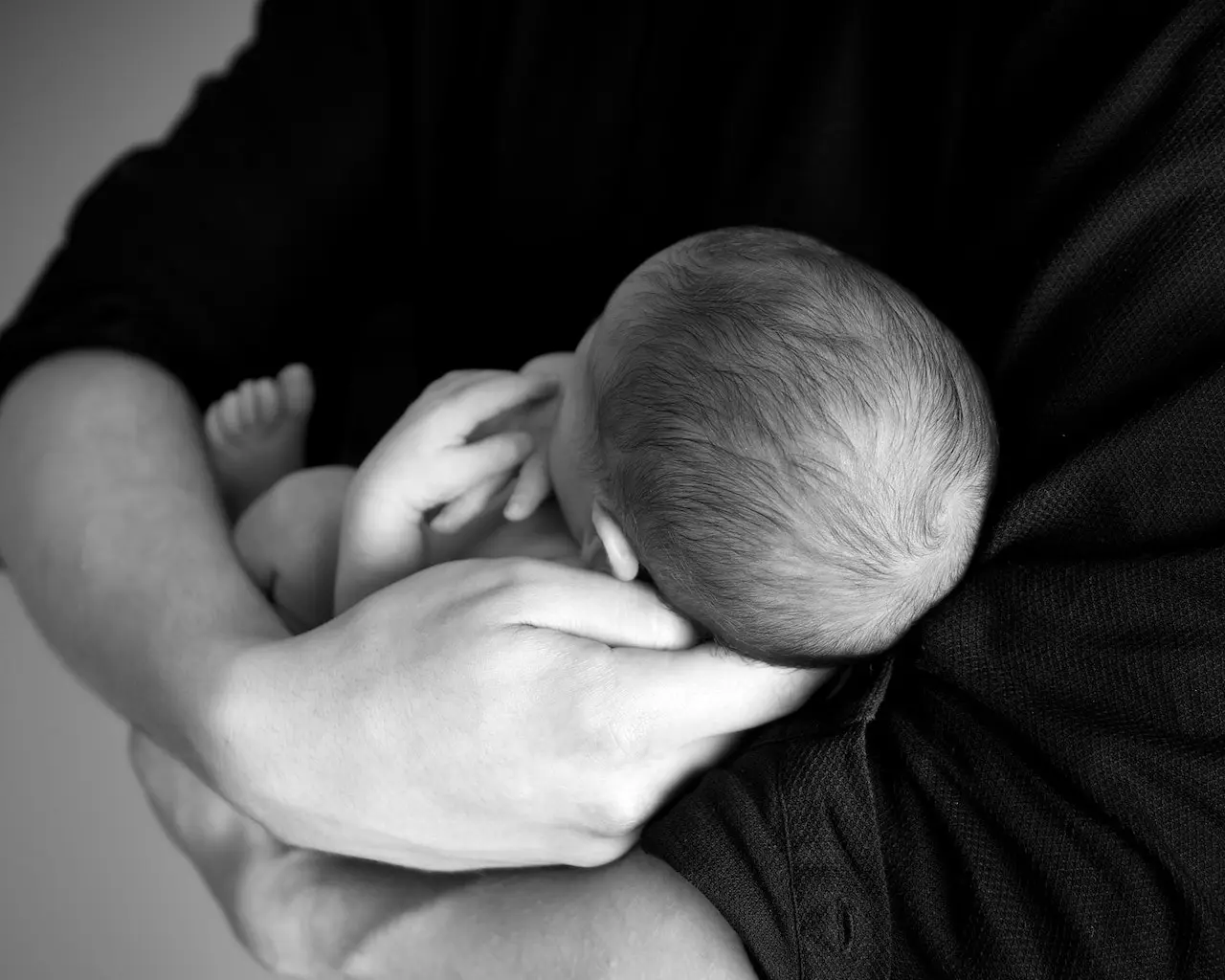Types of Guardianship in Pennsylvania: Exploring Options for Dependents

When it comes to caring for dependents who are unable to make decisions for themselves, guardianship plays a crucial role in ensuring their well-being and protection. In Pennsylvania, there are various types of guardianship arrangements available to meet the diverse needs of dependents. Let’s explore the different options for guardianship in Pennsylvania and how they can provide support and assistance to those in need.
1. Guardian of the Person
A guardian of the person is appointed to make decisions regarding the personal and medical care of an individual who is incapacitated or unable to make decisions for themselves. This type of guardianship grants the guardian authority to make decisions related to healthcare, living arrangements, education, and other personal matters on behalf of the dependent.
2. Guardian of the Estate
A guardian of the estate is responsible for managing the financial affairs and assets of an individual who is unable to manage their own finances due to incapacity or disability. This type of guardianship allows the guardian to oversee the dependent’s income, assets, investments, and expenses, ensuring their financial resources are managed responsibly and in their best interests.
3. Limited Guardianship
In some cases, limited guardianship may be appropriate when the individual’s incapacity is partial or temporary, and they are able to make some decisions for themselves. A limited guardian is appointed to make specific decisions or handle certain aspects of the dependent’s life while allowing them to retain autonomy in other areas.
4. Emergency Guardianship
Emergency guardianship may be granted in situations where there is an immediate need to protect the health, safety, or welfare of an individual who is at risk of harm or exploitation. This temporary guardianship provides the guardian with the authority to take swift action to address the emergency situation and ensure the dependent’s well-being.
5. Standby Guardianship
Standby guardianship allows individuals to designate a guardian to assume responsibility for their dependents in the event of their incapacity, illness, or death. This proactive approach enables caregivers to plan for the future and ensure continuity of care for their loved ones by appointing a trusted guardian to step in when needed.
6. Co-Guardianship
Co-guardianship involves appointing two or more individuals to serve as guardians jointly, sharing responsibility for making decisions and providing care for the dependent. This arrangement can provide additional support and collaboration in meeting the needs of the dependent, particularly in complex or challenging situations.
Conclusion
Navigating the various types of guardianship options available in Pennsylvania can be complex, but understanding the different arrangements can help caregivers and families make informed decisions about the care and protection of their dependents. Whether seeking guardianship of the person, estate, or both, it’s essential to consider the specific needs and circumstances of the individual and consult with legal professionals to ensure that the guardianship arrangement is tailored to meet their best interests.
By exploring the spectrum of guardianship options and seeking appropriate support and guidance, caregivers can provide essential support and assistance to those who depend on them.